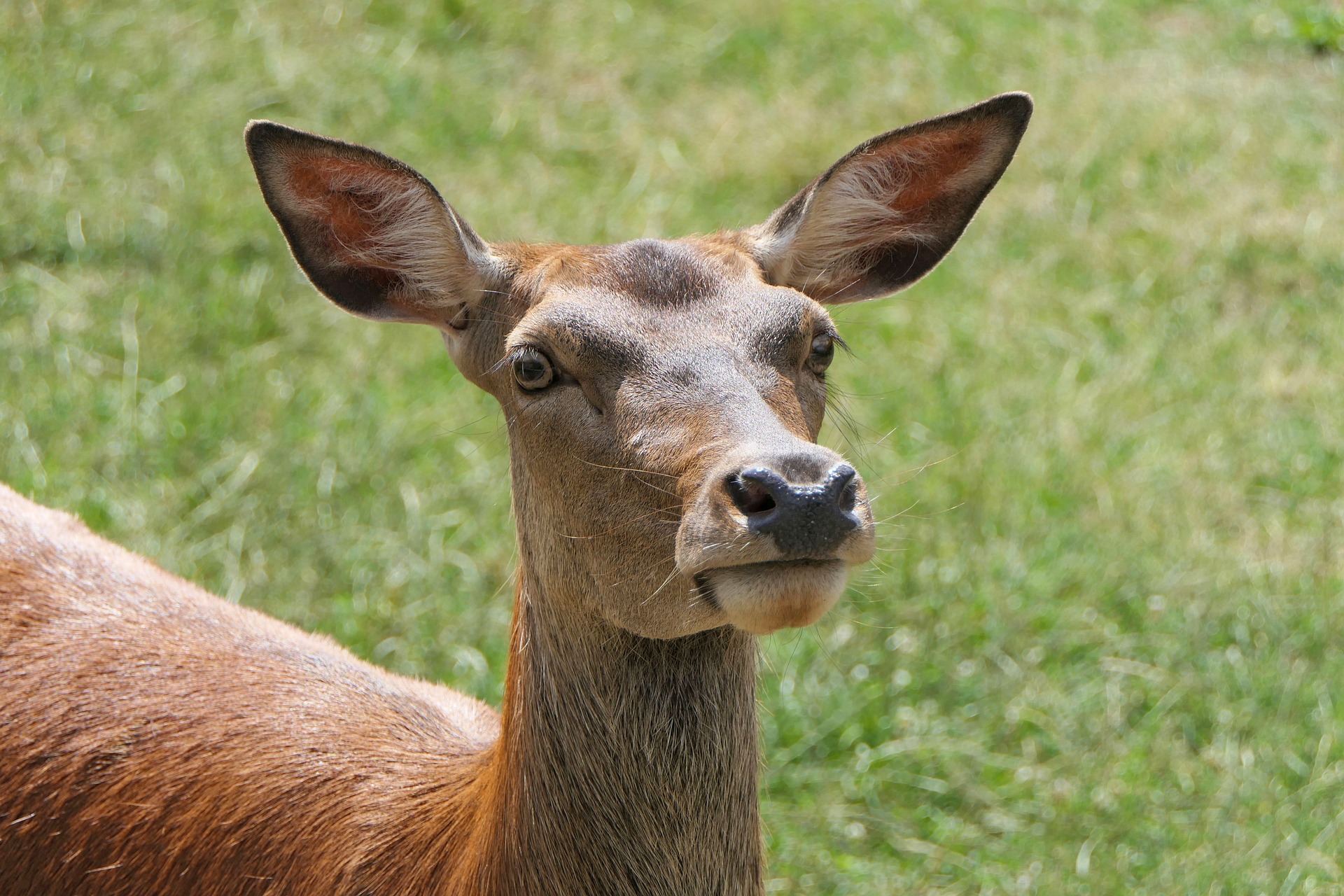Check Cattle and Deer For Bovine Tuberculosis
Posted by Jennifer Smith on 10th Oct 2018
Bovine tuberculosis in deer is caused by the bacteria Mycobacterium bovi. This respiratory disease is most commonly found in domestic cattle, and domestic and wild cervids (white-tailed deer, elk) but not as common in other mammals including raccoons, coyotes and wild hogs. This disease has had a negative impact on the cattle industry as well as on deer farms.

Cattle, farmed deer and wild white-tailed deer are considered reservoir hosts for bovine Tb. "A reservoir host is a species in which bovine Tb can persist and be transmitted among individuals within a species or be transmitted to another species (such as humans). Wild white-tailed deer may pose the greatest threat to the establishment of bovine Tb on the landscape because they move freely across the landscape and may contact multiple domestic cattle herds." (Purdue) There is no cure for bovine Tb at this time.
Currently, most states are considered free from the disease; however sporadic cases have occurred in recent years in Indiana, Michigan and Minnesota.
Reducing deer populations is the most effective management tactic at this time; and deer hunters are encouraged to test deer for Bovine Tb before consuming deer meat. The meat will need to be cooked at 165 degrees Fahrenheit in order to be considered safe for consumption. Like Chronic Wasting Disease, deer that come into contact with other members of deer herds can spread the disease.
Cattle operators and deer farmers are encouraged to use fencing to separate potentially infected species from domestic animals. Farmers should also store feed away from deer that can spread diseases through saliva.
